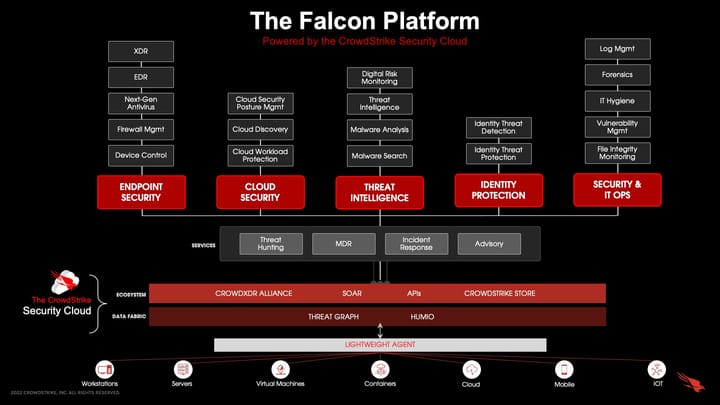How to Sabotage a Business: The Perils of Disconnecting Strategy from Execution

Introduction:
In business, success often hinges on the seamless integration of strategy and execution. However, for those seeking an unfortunate path, there exists a perilous way to undermine a business – by intentionally disconnecting strategy from execution. In this blog post, we'll explore the consequences of this disconnection and why it's a surefire recipe for sabotaging any enterprise.
The Illusion of Progress:
When strategy and execution are disconnected, businesses often fall prey to the illusion of progress. A meticulously crafted strategy may look impressive on paper, but without effective execution, it remains nothing more than an unrealised vision. This creates a false sense of accomplishment that can lead to complacency and eventual failure.
Wasted Resources:
One of the most glaring consequences of divorcing strategy from execution is the wastage of valuable resources. Resources, be it time, finances, or manpower, are allocated based on strategic goals. When execution falters, these resources are squandered, resulting in inefficiency and financial strain.
Erosion of Stakeholder Confidence:
Stakeholders, including investors, employees, and customers, rely on the alignment of strategy and execution for the fulfilment of promises. When this alignment is disrupted, it erodes confidence in the business's ability to deliver on its commitments. This loss of trust can have far-reaching consequences, impacting relationships and the overall reputation of the company.
Missed Opportunities:
A disconnected strategy and execution hinder a business's agility and responsiveness to market changes. Opportunities that arise may be overlooked or inadequately addressed, leaving the company trailing behind more adaptive competitors. In a fast-paced business environment, failing to seize opportunities can be a significant factor in long-term sabotage.
Ineffective Decision-Making:
Effective decision-making relies on real-time data and feedback from the execution of strategies. When execution is disconnected from strategy, decision-makers lack the necessary information to make informed choices. This results in misguided decisions that can exacerbate existing challenges and lead the business down a perilous path.
Employee Frustration and Burnout:
Employees are the backbone of any organisation, and when they perceive a disconnect between strategy and execution, frustration ensues. Lack of clarity and direction can lead to demotivation, burnout, and a decline in overall morale. This, in turn, negatively impacts productivity and the quality of work.
Conclusion:
Deliberately disconnecting strategy from execution is a destructive path that can have severe repercussions for any business. Successful enterprises thrive on the synergy between planning and implementation. To avoid the pitfalls discussed in this post, businesses must prioritise alignment, transparency, and a continuous feedback loop between strategic goals and day-to-day execution. Only by fostering this connection can a business secure its position for growth, sustainability, and resilience in the ever-evolving landscape of the business world.



Comments ()